Focus on detail requires experience. Technique is emphasized by materials. Tools add precision.
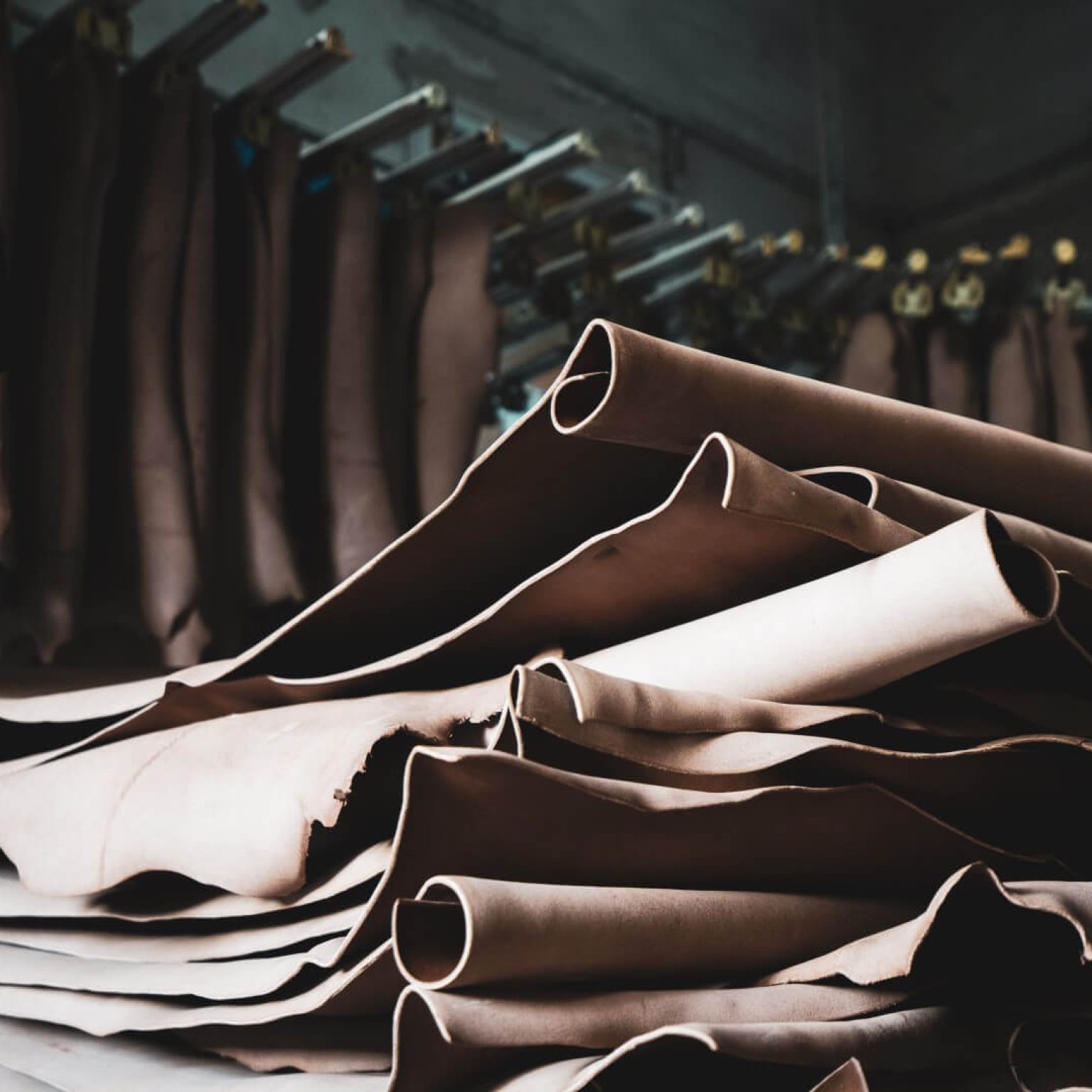
Leather available
in my studio
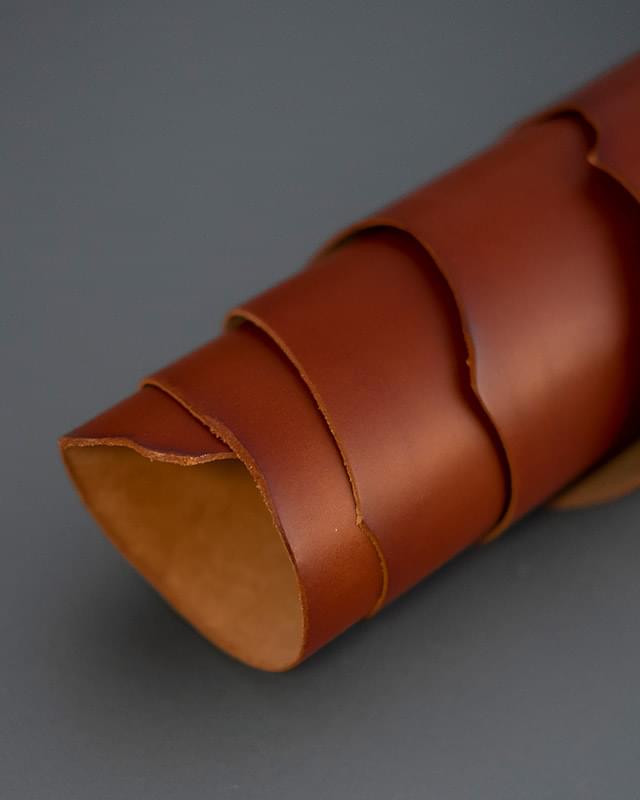
0023 MARBLE
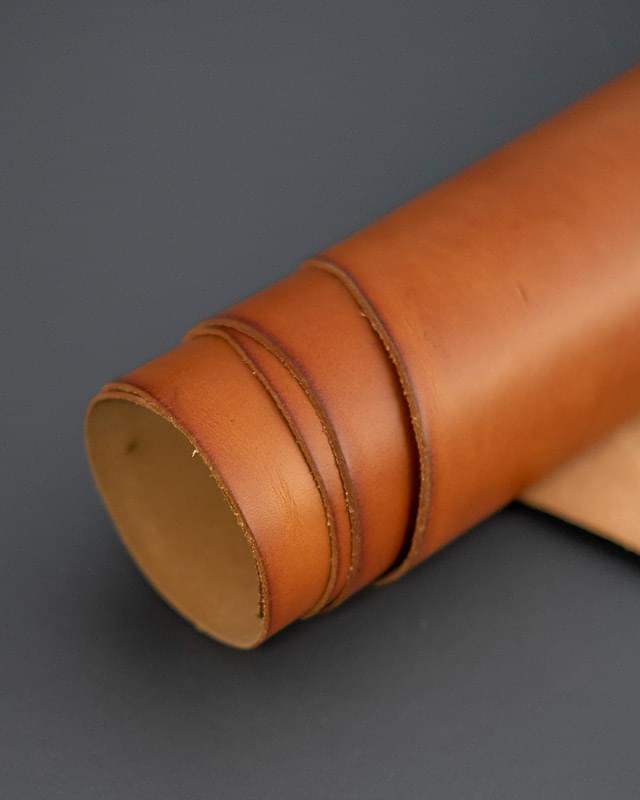
0092 GOLDEN
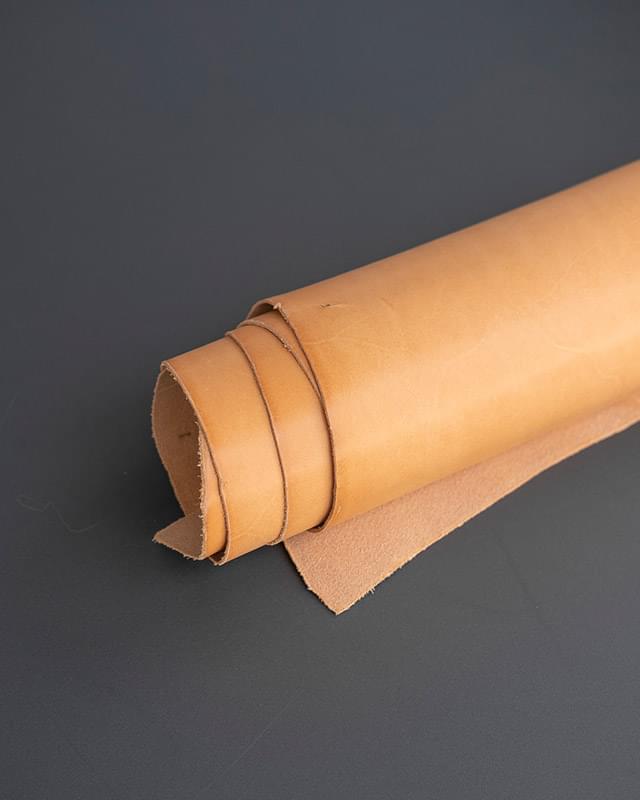
0027 SAND
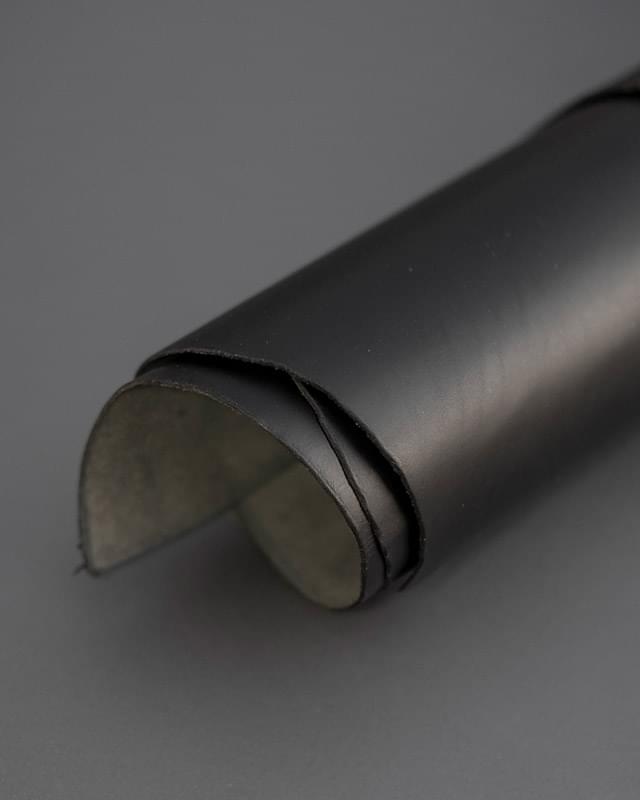
1173 MARBLE
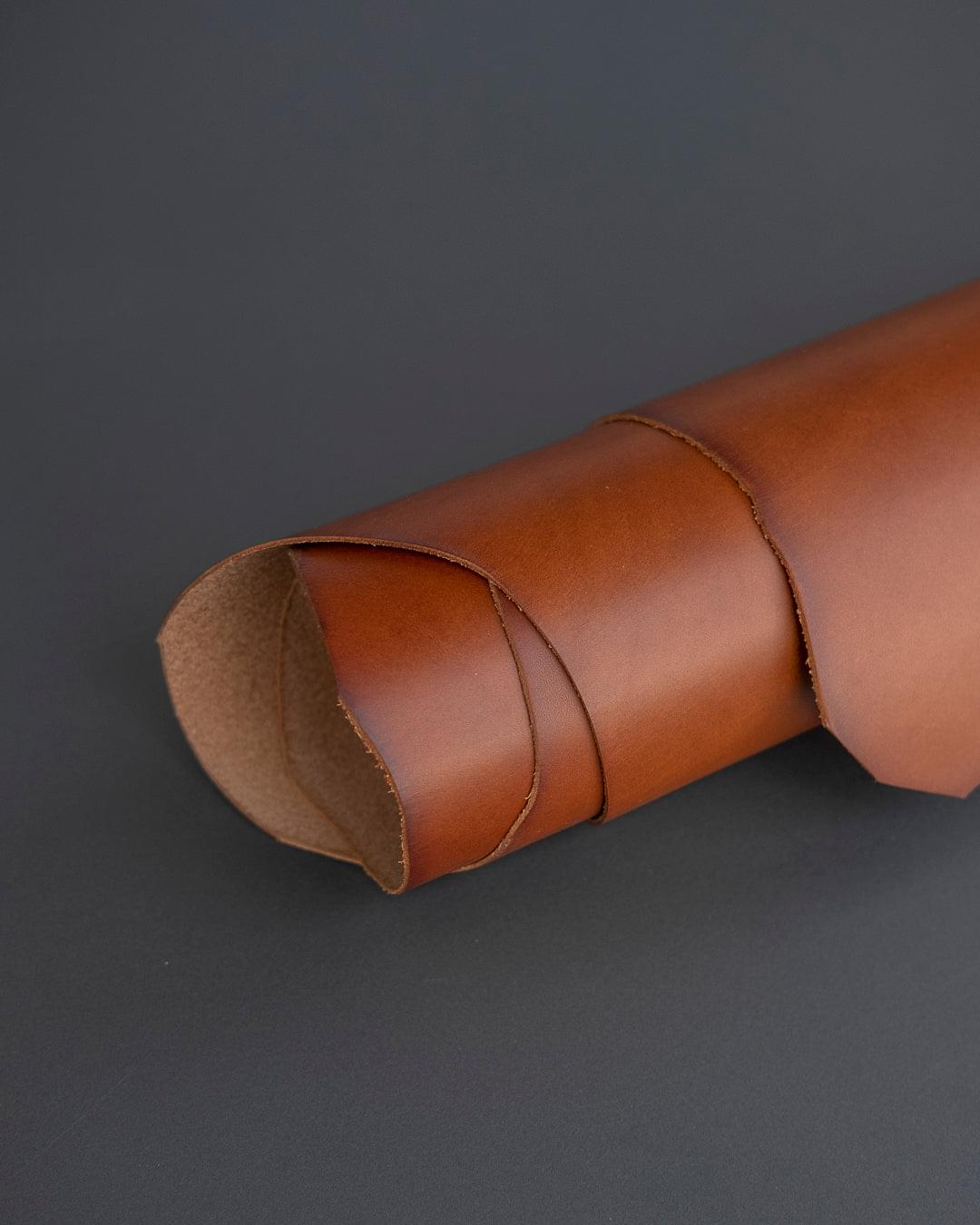
0399 BLACK
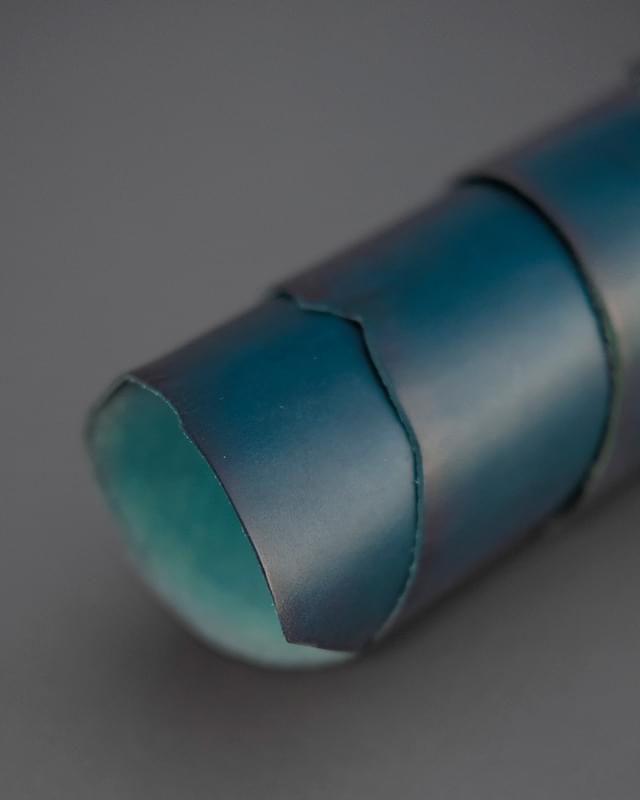
8043 ADRIATIC
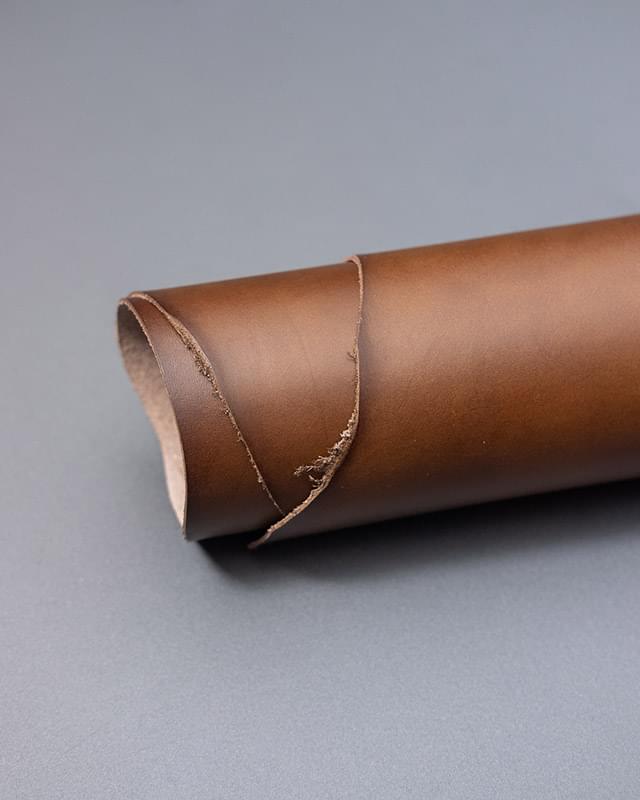
0028 EDEN

1253 ICE
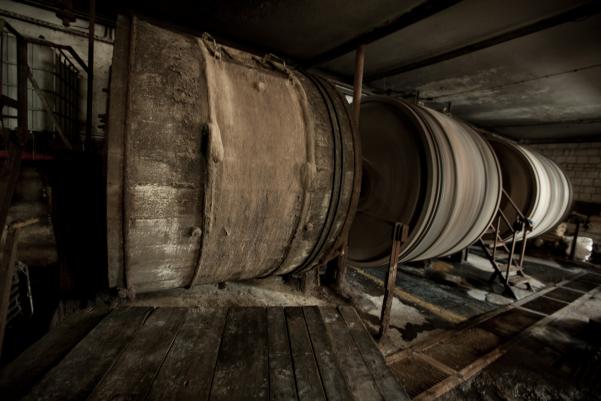
Veg-tan as a standard.
The two most commonly used methods of leather tanning are based on the use of chromium or natural tannins such as oak bark. The process of chromium tanning leather takes about one day. Vegetable-tanned leathers need about 30 days of processing. Therefore, they are the highest quality material, produced only in a few places in the world. The tanning process is chemically neutral for the environment, which means that the natural raw material, which is a reject from meat production, remains in its intact form until the finished product.
Tanneries I work with.
conceria walpier
It was founded in 1974 in Ponte a Egola, one of those towns in Tuscany that are part of the only Italian district where there are vegan tanneries.
tannery glogowski
The Maliszów Tannery was founded from scratch by Kazimierz Głogowski in 1978 in central Poland. Initially small, it later grew to a considerable size and today is the pride of the Głogowski family.
conceria la bretagna
A family of Tuscan tanners who, since 1961, have specialized in the production of high quality natural leathers.
Conceria Puccini
The tannery Puccini Attilio is a founding members of “The Genuine Italian Vegetable Tanned Leather Consortium”, a small group of tuscan tanners In the Leather District, between Florence and Pisa, where vegetable-tanned leather is still produced following the traditional methods.
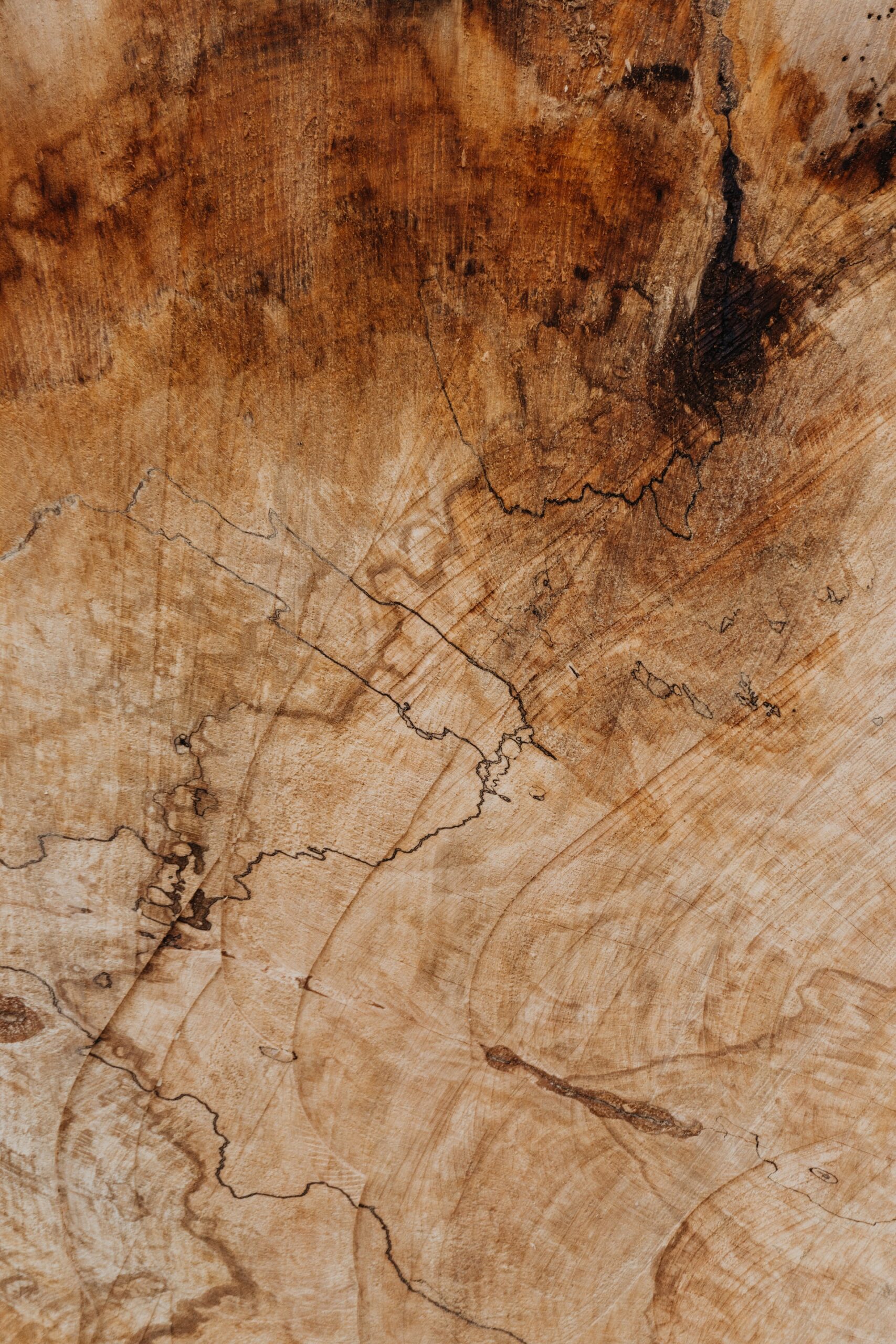
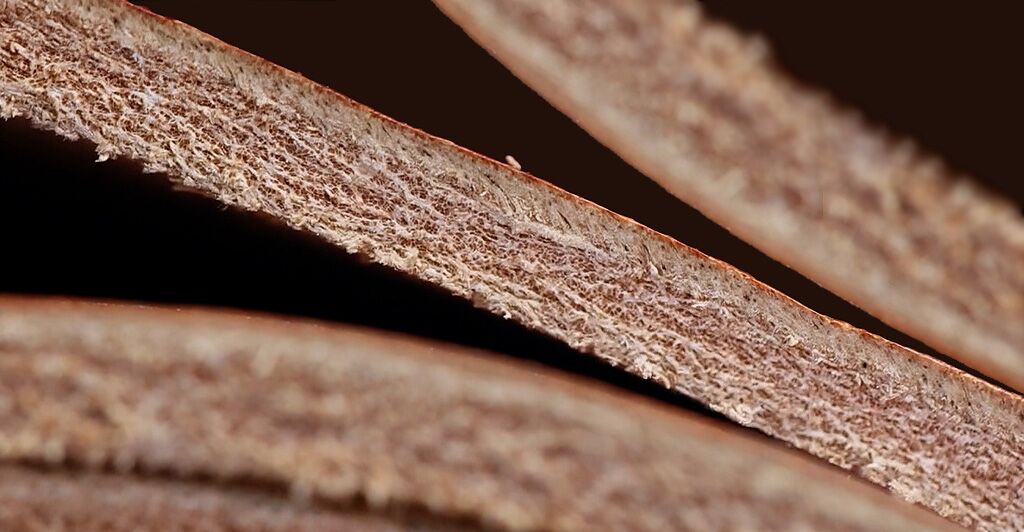
All about leather
Hundreds of books have been written...
Cowhide is a by-product of the meat industry. Cows are not bred to obtain only their skin. The less people eat meat, the more expensive products made from leather will become. Leather is tanned (processed to obtain the form of the material) in two ways, commonly called vegetable and chrome. The main difference in processing method is related to sustainability. The vast majority of leather products are made of chrome-tanned leather. Vegetable tanned leather has nothing in common with the so-called vegan leather (e.g. from pineapple leaves or cactus). Vegan leather is nothing more than a material containing plant fibers mixed with plastic. The natural leather is brown-beige. The colors and patterns are given to the leather during the tanning process. Natural leather is matte and is covered with natural waxes or oils to make it shiny. Natural leather does not crack and is difficult to cut. Natural leather becomes more noble over time, patinas, does not crack or tear.

